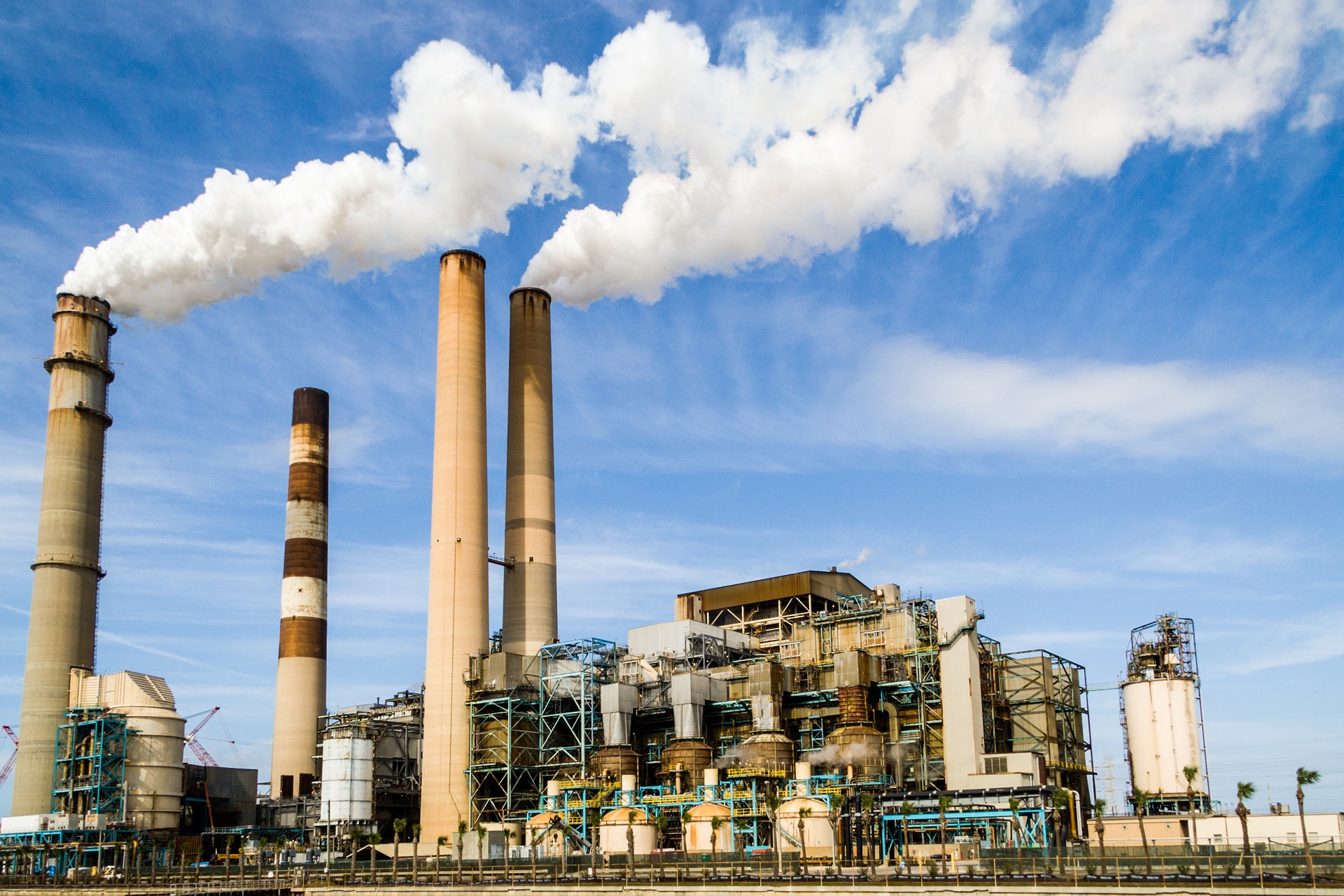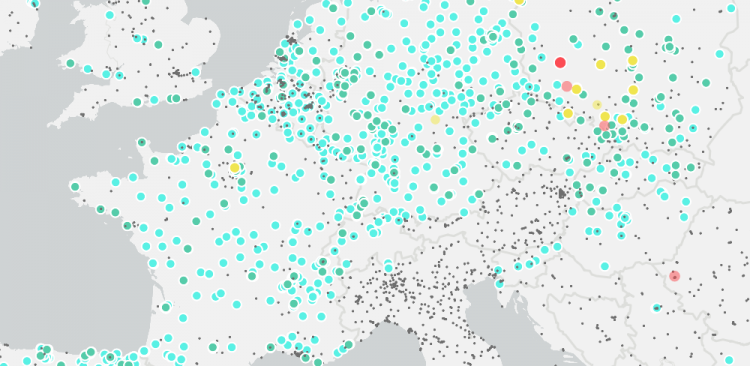

4 advantages (and 1 disadvantage) of desiccant dehumidifiers
Feb 20, 2025High humidity can be unpleasant. If you're choosing a dehumidifier, this brief overview of the advantages and disadvantages...
Restrictions in response to the coronavirus epidemic caused a record year-on-yearglobal carbon dioxide emissions. Compared to last year, they decreased by 8.8%, resp. by 1,551 billion tonnes.
These are the results of an international research study published in the Nature Communications journal, in which researchers from the USA, France, Japan and China collaborated.
The results are based on real-time activity, analysing daily, weekly and seasonal trends in CO2 emissions before and after the outbreak of the global pandemic and before the economic recession caused by it.
The main reason for the decline was the spring closure of economies worldwide and the associated reduction in greenhouse gas emissions during the reduction of energy consumption in industry and transport. This was also reflected in the form of warmer weather in the northern hemisphere compared to standard.
The most noticeable difference was in emissions in April, i.e. at the time when the strictest restrictions applied. During May, economic activity resumed and the re-launched industry began to increase emissions again, but due to limited traffic, it was still significantly lower than usual.
Interestingly, the emission reduction is historically the largest decrease, according to Reuters, including the period during World War II, although the current volume of emissions is much higher.
Source: ČTK











































